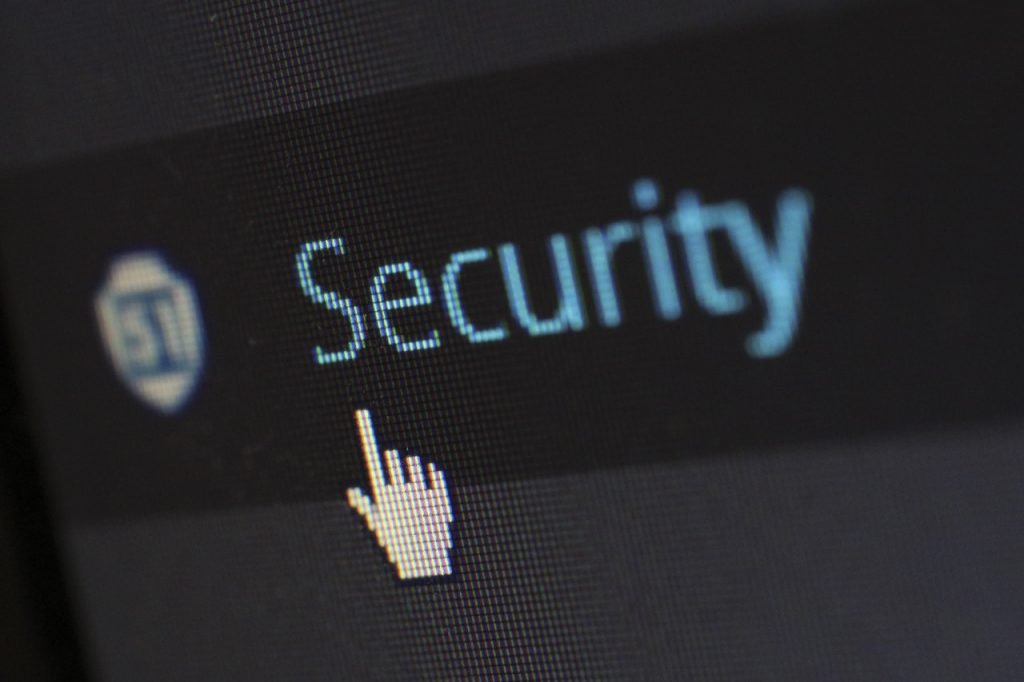Even if you didn’t give it much thought, every activity you do while connected can be tracked. And guess who can and will track you while you’re online? Guess what, they’re not all friendly ad networks who want to help you find the best products you might be interested in (in other words: hackers). All this snooping and peeking inside your online life is done through your IP address – that short number that tells every website on the Internet the exact place from where you’re browsing.

Oh, and on top of all that, chances are that large corporations such as Facebook or Google will keep a history of all your past searches and activities by recording your IP address. Does that sound scary enough? Well, luckily for you, there are some ways to protect your IP address. In short: use a VPN to protect your assets.
What is an IP address?
IP address stands for Internet Protocol address, a numerical label assigned to any device connected to a network. Just like a house address is used to find the exact location where you live, the IP address is used to ascertain your position in the world. It usually made of several numbers like XXX.XX.X.XXX.
How may I hide my IP address?
That’s kinda simple. If you want to maintain your online privacy, all you need to do is to connect yourself to a virtual private network (VPN). Not only a VPN will route your activities through a different network to encrypt all your data, but your IP will be masked and changed with a different one. And no, good VPN services don’t log your activity history, so you’re going to be fully anonymous and protected during navigation.
Why I should hide my IP address?
Well, if what we said earlier isn’t enough, here are a few more reasons to hide your IP address.
Stop intrusive ads
as we already explained, whenever you sign up for a service like Facebook, Amazon or Google, you give them permission to track your activities to target their ads. This can be very intrusive, especially when you get an ad of some embarrassing stuff, or just something you don’t want other people to know you like.
For example, you may have bought a certain present to your beloved one, but if they log in to your computer, a ton of spam ads will flood every screen showing some other “best offer” for the same product. Surprise ruined – unless your IP is hidden, at least!
Avoid geographical barriers
If you live in certain countries, there may be some content posted in other countries that you cannot access. This is especially true if you live in Asia and Africa, or in other countries where many websites are blocked by the government. Even if you live in Europe, many US websites that do not comply with the European GDPR simply prefer to prevent access to any European visitor, which can be really annoying.
But that’s not all. If you’re traveling abroad you can find yourself unable to access some services or specifically geo-localized websites such as Netflix for which you paid access in your country only. However, you have all rights to enjoy a good movie while you’re spending a night at the hotel.
Hide your IP from your ISP
Internet service providers (ISPs) can track your IP with no restrictions. They can use this data to resell it to third-parties as much as they want. Even those that claim that they are currently protecting your data privacy right now, may simply change their mind tomorrow and start reselling it since no law prevents them from doing so. Actually, selling your browser history to marketers and advertisers is so much more profitable than the money they make from your monthly Internet bill – so you should expect them to do that at some point.
Although horrible, this practice is perfectly legal, and the only way to avoid that is to hide yourself behind a VPN. This way they cannot see anything else except that you connected to that VPN. Nothing else, including your new IP address, your searches and your data will be shielded from their prying eyes.
Protect yourself against DDoS attacks
Launching a Distributed Denial of Service (DDoS) attack is very simple, and nearly anyone with just some basic computing skills can easily employ this highly destructive cyber threat. A DDoS will overwhelm your online system by flooding it with data packets, causing it to crash. A malicious actor can blast your connection for an indefinite amount of time just by knowing your IP.
Albeit simple to launch, DDoS attacks are very hard to block, unless your IP keeps changing. The best way to forget about this highly annoying issue, is to just mask your IP and swap it if it’s attacked.
Conclusion
Many people and businesses do not fully realize the importance of keeping their intellectual property assets protected until it’s too late. Even shielding a simple IP address can make a tremendous difference in making sure your precious data is protected at all times.

Cyber Security Researcher. Information security specialist, currently working as risk infrastructure specialist & investigator. He is a cyber-security researcher with over 25 years of experience. He has served with the Intelligence Agency as a Senior Intelligence Officer. He has also worked with Google and Citrix in development of cyber security solutions. He has aided the government and many federal agencies in thwarting many cyber crimes. He has been writing for us in his free time since last 5 years.











